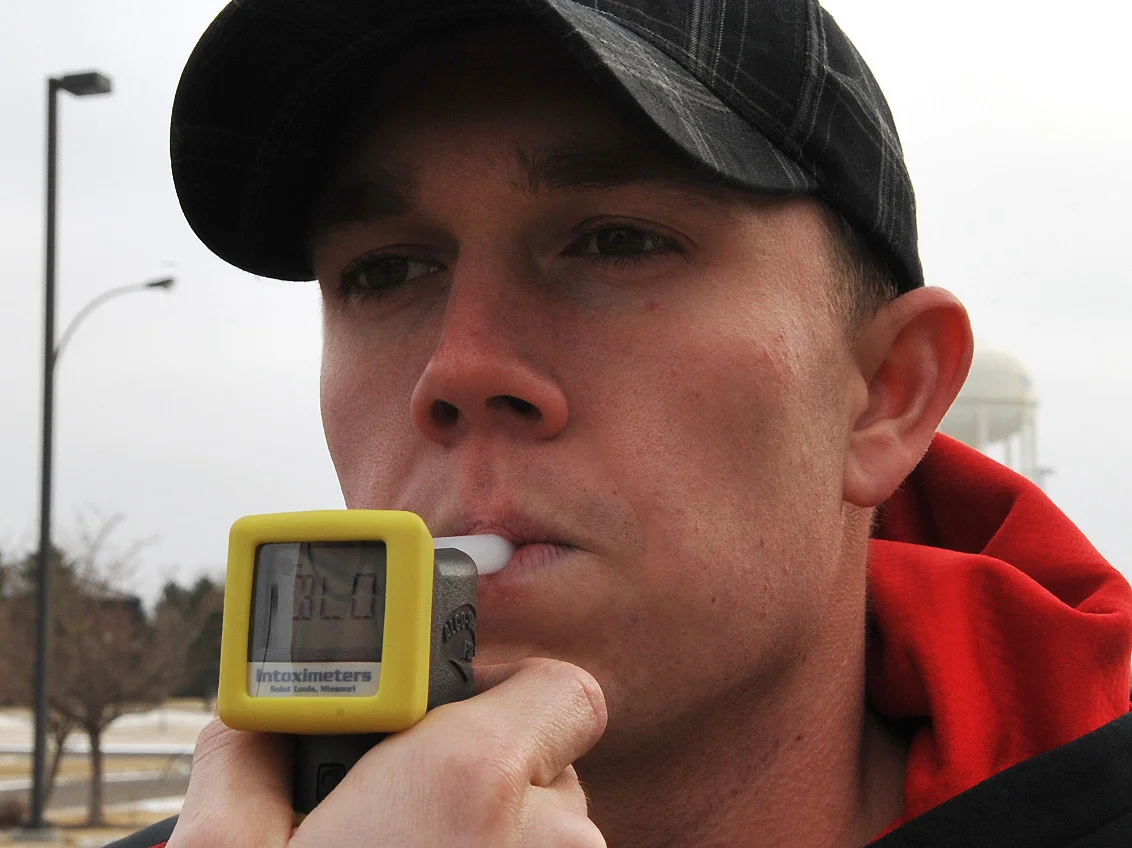On July 6, 2015, 13-year-old Zoe Johnson committed suicide a day after classmates tagged her name was tagged on a Facebook post reading, “tag a b**h you don’t like.” Zoe had just finished the seventh grade and was a member of the cheer team. According to her mother, Rebecca Abbott, Zoe had been experiencing bullying for many years and therefore suffered from mild depression. Towards the end of the school year, the bullying may have reached an all-time high, leading Zoe to her breaking point, Even after Zoe’s death, kids continued to post on the Facebook page, with one even writing, "good ur gone."
On December 27, 2018, former Governor Rick Snyder signed a bill, sponsored by Rep. Pete Lucido R-Shelby Township, into Michigan law that makes cyberbullying a misdemeanor crime. Going in effect in March 2019, Public Act 457 of 2018 mentions that cyberbullying includes posting a message or statement in a public media forum about any other person if both the following apply:
The message or statement is intended to place a person in fear of bodily harm or death and expresses an intent to commit violence against the person.
The message or statement is posted with the intent to communicate a threat or with knowledge that it will be.
The law defines cyberbullying as a “misdemeanor punishable by 93 days’ imprisonment and a fine of up to $500.” Repeat offenders could face a 1 year sentence, and fines up to $1,000. Individuals involved in a “pattern of harassing or intimidating behavior causing serious injury to the victim” are guilty of a crime punishable up to 5 years and, or a fine up to $5,000. If the online harassment is found to cause death, the violator is punishable by up to 10 years in prison and a $10,000 fine.
Governor Snyder stated, “Cyberbullying can cause just as much trauma as traditional bullying so it's important that it be considered a crime… With this bill, we are sending a message that bullying of any kind is not tolerated in Michigan.”
Hopefully now that cyberbullying is illegal in Michigan, fewer people will engage in this harmful behavior. They say that the pen is mightier than the sword, but in the case of cyberbullying, the keyboard can hurt people so deeply that they consider suicide as the only option to make the pain stop. The cyberbullies who inflict this pain on innocent victims deserve to be punished by the fullest extent of the law. The Michigan Law Firm, PC can now assist cyberbullying victims with obtaining pain and suffering compensation for cyberbullying in Michigan. Please call us at 844.4MI.FIRM. for a free legal consultation.




















